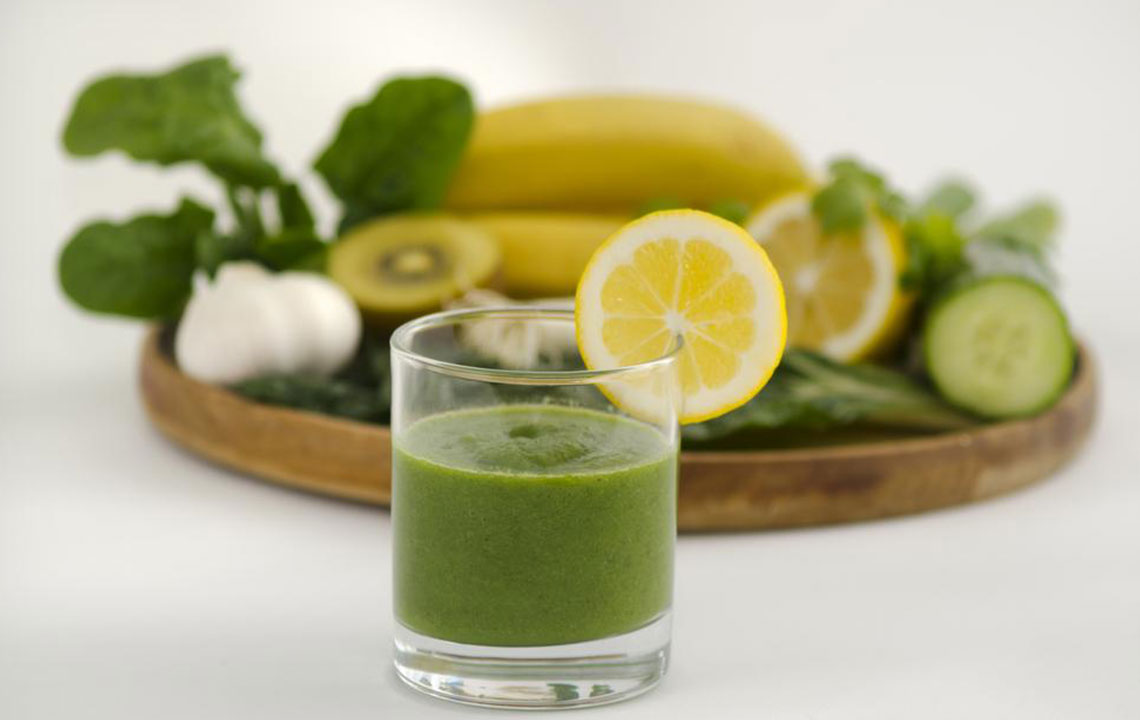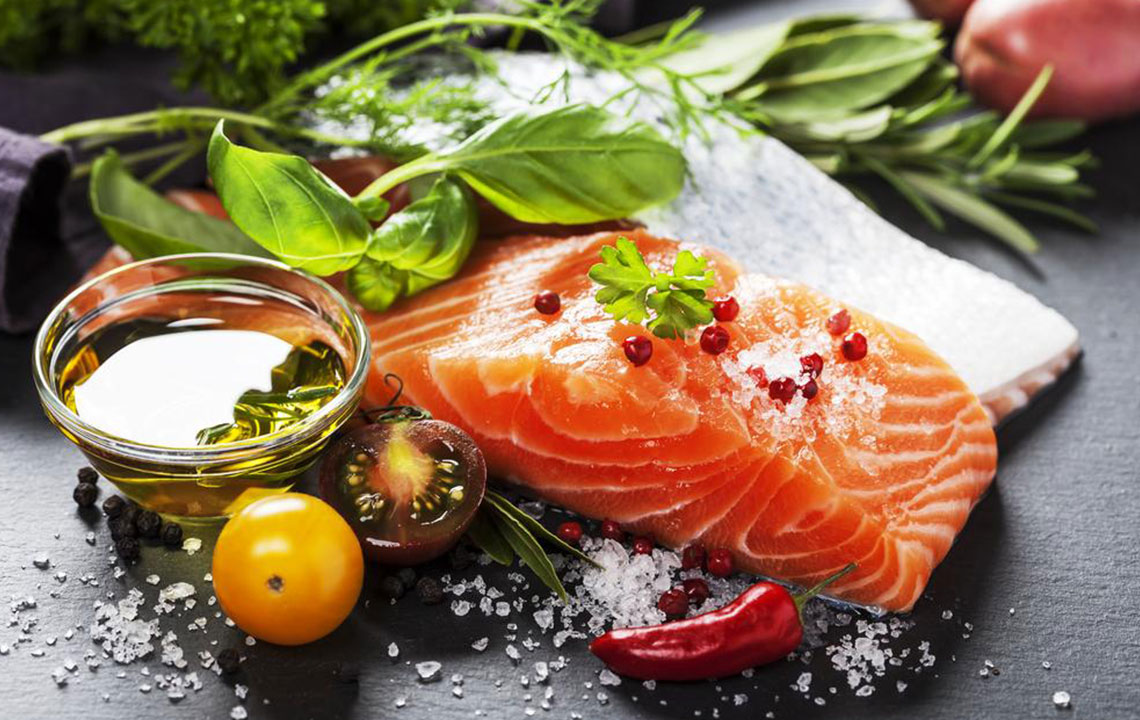Comprehensive Guide to Plant-Based Protein Sources for Vegetarians
This comprehensive guide explores various plant-based protein sources ideal for vegetarians. It highlights legumes, vegetables, fruits, nuts, seeds, whole grains, and soy products, emphasizing their nutritional benefits and versatility. Incorporating these foods into your diet ensures sufficient protein intake, promoting muscle health, immune support, and overall wellness. Whether you're a long-term vegetarian or considering plant-based options, understanding these rich protein sources can help create balanced, nutritious meals for a healthier lifestyle.

Essential Plant-Based Foods Rich in Protein for a Vegetarian Lifestyle
Protein plays a crucial role in maintaining muscle mass, supporting immune function, and ensuring overall health. For vegetarians, meeting daily protein requirements might seem challenging, but thanks to a wide array of plant-based foods loaded with protein, this goal is entirely achievable. Contrary to popular misconception, many vegetarian foods deliver protein quantities comparable to animal products like meat and seafood. Incorporating a diverse range of these foods into your daily diet not only helps in meeting nutritional needs but also promotes a balanced and healthful lifestyle.
Legumes are among the richest sources of plant-based protein. Lentils, chickpeas, black beans, kidney beans, and soybeans are staples in many vegetarian diets, each offering an impressive protein content. For instance, cooked lentils provide approximately 18 grams of protein per cup, while chickpeas deliver around 15 grams per cooked cup. Soybeans are particularly notable, with cooked soybeans containing over 28 grams of protein per cup. These foods are also high in dietary fiber, vitamins, and minerals, making them excellent choices for overall health.
Vegetables, although lower in protein compared to legumes, still contribute significantly to daily intake. Leafy greens like kale, Swiss chard, and collard greens contain about 3-4 grams of protein per cooked cup. Cruciferous vegetables such as Brussels sprouts provide roughly 4 grams per cup. Including a variety of these vegetables can help diversify your diet and increase your protein intake while supplying essential nutrients and antioxidants.
Certain fruits also contain modest amounts of protein. Avocados offer about 3 grams of protein per cup, along with heart-healthy monounsaturated fats. Pomegranates and figs contribute approximately 2-3 grams per serving, along with fibers and antioxidants that enhance overall health.
Nuts and seeds are incredibly nutrient-dense, providing both protein and healthy fats. Almonds, for example, contain around 6 grams of protein per ounce. Chia seeds are notable for their high protein content, with about 5 grams per ounce, plus omega-3 fatty acids and fiber. Pumpkin seeds, rich in magnesium and zinc, offer approximately 8 grams of protein per ounce. Regular consumption of these can significantly boost your protein intake and support cardiovascular and digestive health.
Whole grains are vital components of a vegetarian diet, offering substantial protein alongside complex carbohydrates. Quinoa is an exceptional example, providing roughly 8 grams of complete protein per cooked cup, containing all nine essential amino acids. Barley, brown rice, oats, and farro also contribute to daily protein intake and are rich in fiber, promoting digestive health and sustained energy levels.
Tofu and tempeh are versatile soy-based foods that serve as excellent sources of complete protein. Tofu contains about 8-11 grams of protein per 100 grams, while tempeh offers over 19 grams per 100 grams. Both can be used in a variety of recipes—from stir-fries to sandwiches—and help ensure intake of all essential amino acids necessary for tissue repair and hormone production.
Fortified plant-based beverages are another practical avenue for increasing protein intake. Soy milk, often fortified with additional nutrients, provides approximately 7 grams of protein per cup, making it comparable to cow's milk. Almond milk and other nut milks generally contain less protein but can be supplemented with plant-based protein powders or consumed alongside other protein-rich foods.
Adopting a diet rich in these diverse plant-based foods can effectively meet daily protein needs for vegetarians, supporting muscle growth, immune health, and overall vitality. By carefully planning meals and incorporating a variety of these foods, vegetarians can enjoy nourishing, flavorful, and satisfying dishes that contribute to optimal health and well-being.





